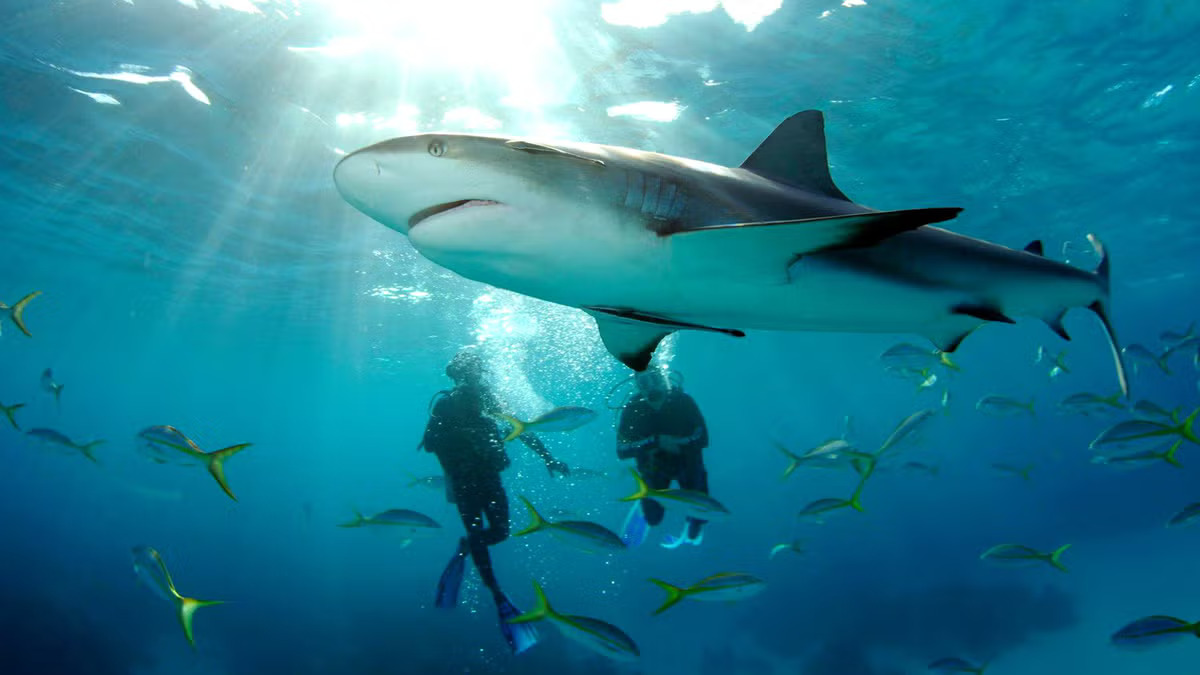"I don’t want anybody to go through what I went through. It’s very painful and it takes a long time to recover," he told CBS on 22/7.
In 2009, Paul de Gelder was on a bomb disposal dive for the Australian Navy when he was attacked by a shark. The horrific accident cost him an arm and a leg. However, he not only survived but also turned his near-death experience into a lesson to share with the community.
"People get in the water every single day knowing that there are sharks there, jellyfish there, all sorts of dangerous marine life. We still do it because we love it," De Gelder shared on CBS Mornings.
After a long and painful recovery, he became an inspiration, sharing his experience to help others know how to react when encountering a shark.
De Gelder emphasizes that the most important thing when facing a shark is to stay calm and avoid struggling. According to him, a panicked reaction goes against the survival instinct, but it is the key factor determining safety. Sharks often don't know what you are, your size is close to theirs, and they don't intend to fight.
Careful observation and maintaining a steady posture can also increase the chances of survival. He explained that sharks recognize when they are being watched and often avoid attacking targets that are paying attention to them. They tend to target inattentive prey, and tiger sharks often approach from behind.
In case of a close encounter, he recommends pushing hard on the shark's nose to make it go away, instead of trying to punch it in the head as many people think.
He also shared these tips in Discovery Channel's new special, "How to Survive a Shark Attack". In it, de Gelder puts himself in dangerous situations to demonstrate survival techniques.
"I want to show people by doing it. If someone is attacked by a shark, what am I going to do? What if I’m attacked? Let's show them clearly how to react," he said.
 |
Swimming with sharks is a favorite activity of many Americans. Photo: Stuart's cove dive Bahamas |
Swimming with sharks is a favorite activity of many Americans. Photo: Stuart's cove dive Bahamas
In July, Maine officials warned people to be cautious after several sightings of great white sharks near the shore. A great white shark weighing over 750 kg was recently spotted about 80 km off the coast of Nantucket, Massachusetts.
Several attacks have occurred since the beginning of summer. In early July, an 18-year-old surf instructor was bitten on the leg by a shark while surfing off New Smyrna Beach, Florida. He was taken to the hospital for emergency treatment. Earlier, a 12-year-old girl had to be airlifted to the hospital after being bitten by a shark in Hilton Head Island, South Carolina. Just a few days earlier, a 9-year-old girl nearly lost her arm in an attack near Boca Grande, on Florida's west coast.
Thuc Linh (CBS News)












